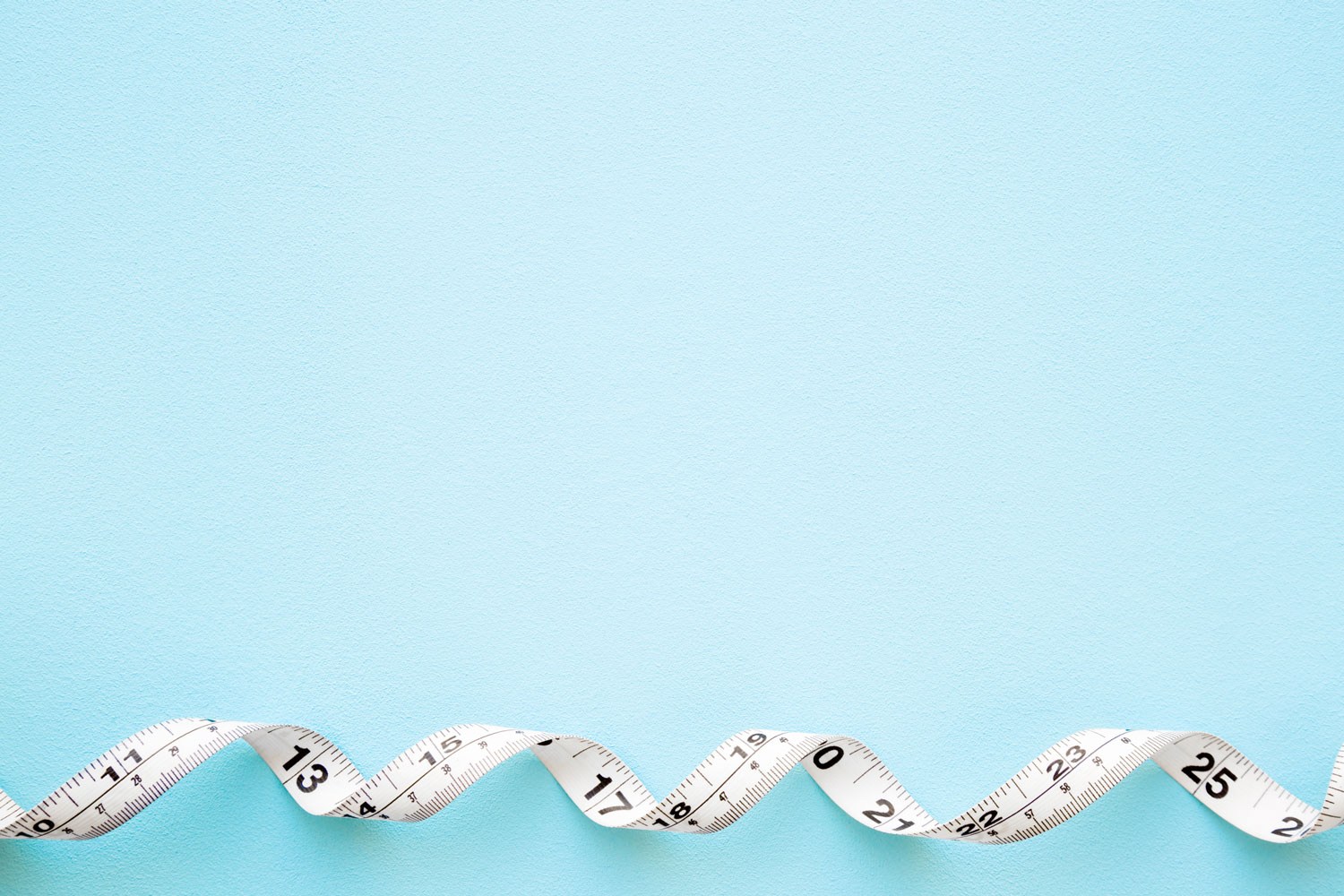Weight loss is about more than will power. Your genetics play a pivotal role in your weight loss journey. Where you live can hold you back from opportunities for healthier living. How you go about your day may impact your weight without you realizing it. Not every factor can be changed, but other lifestyle tweaks may get you back on track.
Who you are
Are your chromosomes betraying you? Things like genetic history, ethnicity and medical conditions can all impact your weight.
Your genetic makeup may affect the amount of fat your body retains and where it decides to store it. If one or both of your parents are obese, your likelihood of gaining and retaining weight increases. Additionally, some ethnic groups have higher rates of obesity, increasing the community’s risk for conditions like heart disease and diabetes. These medical conditions as well as polycystic ovary syndrome, underactive thyroid, and depression can all impact your body’s ability to shed extra weight.
Where you are
Accessibility to fresh produce, family habits around food and the period of life you’re enjoying can outweigh the will power you feel to lose a few pounds.
Food deserts are a growing problem in the United States. Lower-income neighborhoods lacking accessible grocery stores struggle to obtain quality, low-calorie foods. A lack of green space in these same neighborhoods makes it difficult to enjoy physical activity safely. Likewise, if healthy options weren’t readily available in your home and Pizza Hut or Hamburger Helper were the nightly go-to, it can be hard to adjust your mindset around what foods are acceptable or “good.” Finally, weight gain can be a normal part of entering a new stage of life. As we age, we tend to naturally gain weight, and if you experienced obesity in childhood, that weight gain is only accelerated.

What you do
Do you have a non-traditional work schedule? Do you sleep less than seven to nine hours each night? Is stress plaguing your everyday life? If you answered yes to one (or all) of these questions, weight gain may be a normal side effect.
Working the night shift can alter your body’s metabolic rate, lowering the number of calories you burn each day by incremental changes that add up over time. If you’re not working midnights but still live the life of a night owl, this sleeping pattern increases your risk of obesity by 55%. Managing your sleep schedule and finding healthier ways to cope with stress can all benefit your weight loss journey.

How to tip the scales in your favor
You are eating healthy, drinking water and keeping up on your #FitnessGoals. What else can you do?
While you may be reaching for more veggies, make sure your protein intake outweighs the carbs you eat, even if they’re healthy carbs. Mindful eating can also impact weight loss. As you enjoy a meal, do so with no distractions, eating slowly and enjoying each bite.
Even if you meet your daily water goal, consuming fruit juice, soda, coffee or any drink with added sugar could outweigh water’s benefits. Sugary beverages are the most fattening items on the market, and unlike sugar-heavy foods, they won’t satisfy your hunger cravings.
Finally, the scale may not be moving, but you are most likely still losing body fat. If you are exercising regularly, you may gain muscle at the same rate you lose fat, making the scale look stuck but your heart a bit happier.
So keep counting those calories, cutting out carbs and jogging the miles. Remember to appreciate your body for bringing you this far, and be kind to the person standing in your mirror.















